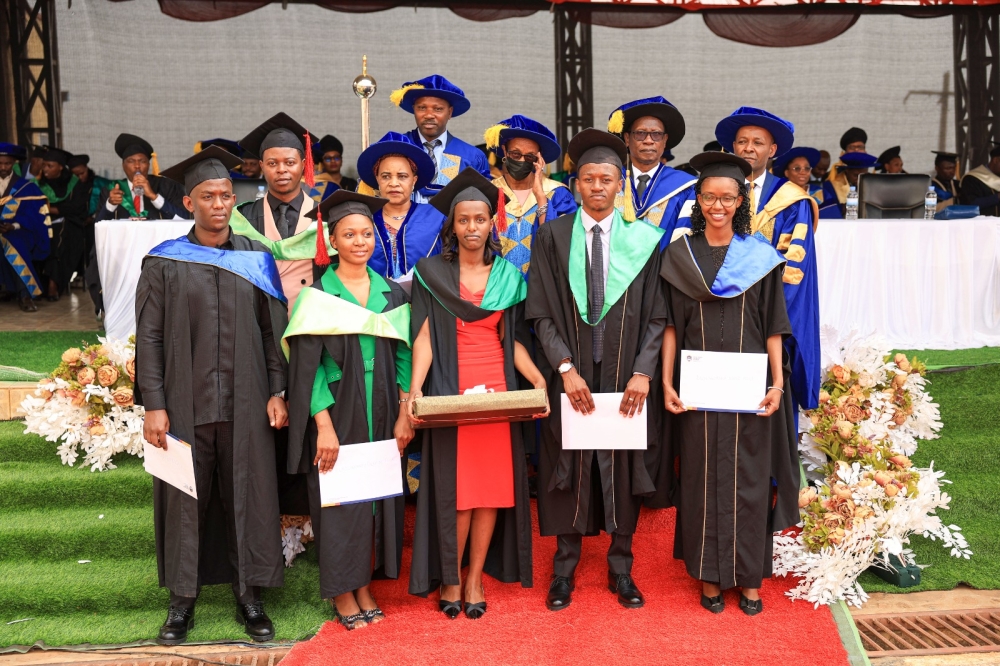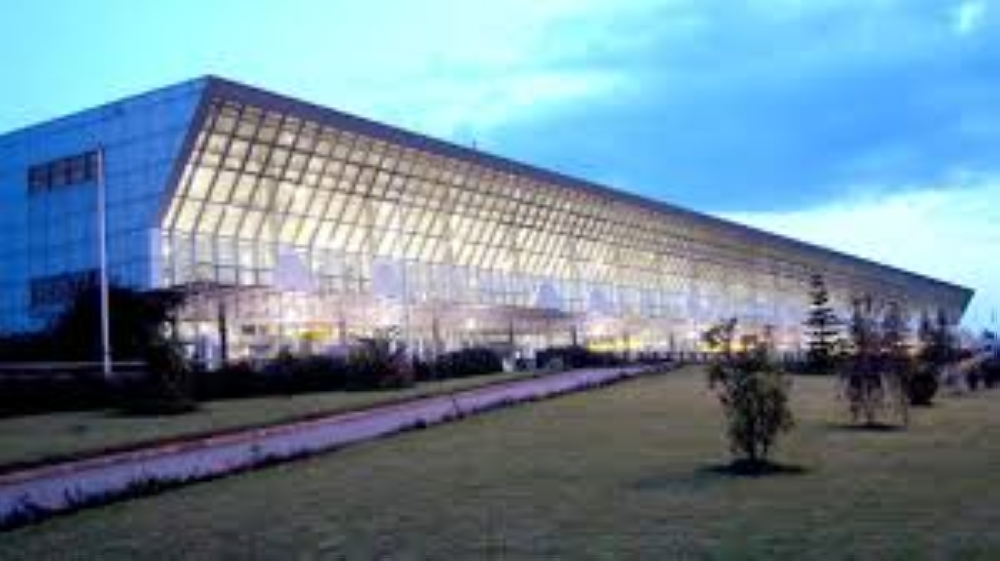Rwanda will host the Eastern and Southern African validation workshop on the International Study Group (ISG) framework on Mining Regimes in Africa, slated to take place this week (December2 – 4). The three day workshop will provide a platform for a detailed review of the framework report by various beneficiaries and other stakeholders.

Rwanda will host the Eastern and Southern African validation workshop on the International Study Group (ISG) framework on Mining Regimes in Africa, slated to take place this week (December2 – 4).
The three day workshop will provide a platform for a detailed review of the framework report by various beneficiaries and other stakeholders.
"Participants will evaluate the report and revise it and come up with recommendations, especially with a view to start operational work through the second phase of ISG mandate,” Antonio Pedro, the sub-regional Executive Director for UN Economic Commission for Eastern and Southern Africa (UNECA/SRO-EA) told Business Times in an interview on Thursday.
The participants include senior government officials in charge of mineral resources development partners in the member states of Eastern and Southern Africa Economic Commission, the private sector, civil society and regional economic blocs.
The seminar is also expected to agree on key elements for a regulatory and fiscal mining regime that promotes broad – based integrated development in Africa.
"This is to promote better linkages between the mineral sector and the local economy,” Pedro said.
He added that the idea is to broaden benefits beyond revenue as most current regimes focus on tax collection.
"If you look at mining sector as a complex with many value chains across the different stages of mining, the benefits could be much larger,”
The Executive Director also mentioned that Rwanda’s mining strategy is being developed against this broad based integrated framework which is part of the African mining vision adopted by the African Union Heads of State in February this year.
"This will create opportunities across the different stages of mining,” he said, referring to the potential of the mining sector to generate employment.
Most of Africa’s minerals are exported as ore, concentrates or metals without significant value addition.
By broadening the mining sector through value addition Pedro observed, there would entry points for local companies to participate in the sector along the value chain.
"Through participation of local companies more wealth is retained locally in Africa,” he said, arguing that local companies should be participating at the levels of mining including exploration, mining and fabrication.
The workshop will be followed by a field trip to the Rutongo mines, conducted by the Rwanda Geological and Mining Authority.
The ISG was established after the 2007 Big Table on "Managing Africa’s Natural resources for Growth and Poverty Reduction,” which observed that benefits from the Continent’s mining sector are not matched by its well known mineral endowment.
Ends




